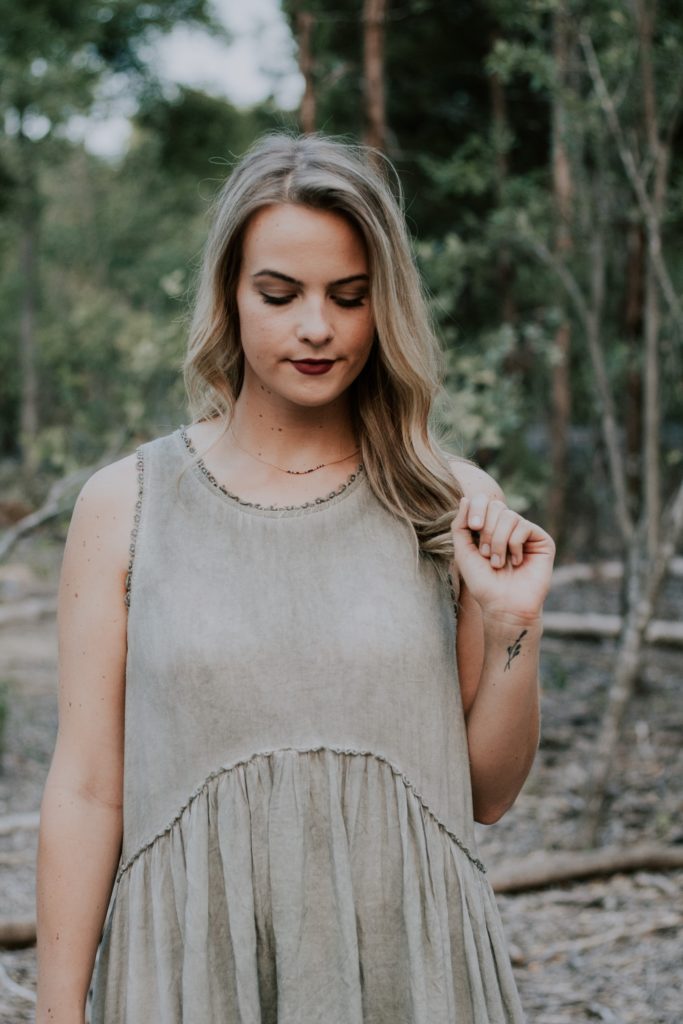
Sorry seems to be the hardest word. But it shouldn’t be so. It can be a word that comes swiftly when we’ve hurt another person, been misunderstood, insensitive or just earnest without filters. It’s a word that needs to come easily if we are to build deep seated friendships, relationships and communities.
But there are times to recognise when an apology is not necessary, not warranted and even, not appropriate.
We do not need apologise for who we are, where we come from, how we feel. Not our brokenness, our strengths, our preferences or aversions.
Many of us have a friend who apologises whenever a situation gets difficult or once they sense tension. As if they can usher away the conflict in a room. Even at their own expense.
But our personal integrity and building of self requires that at times, we hold our ground. No need for fanfare or beating our breast. But with a quiet strength and assurance that this is who I am and this is more than enough.
No apologies.

